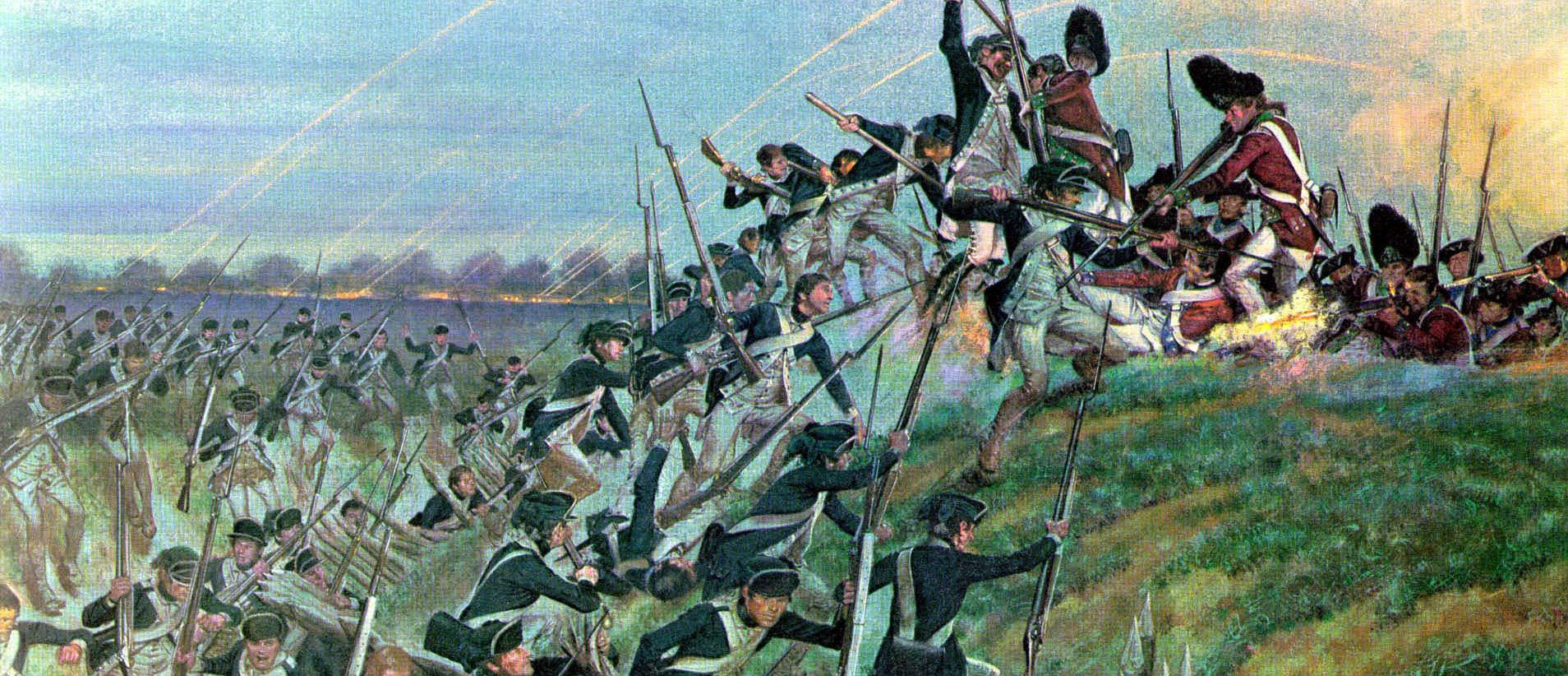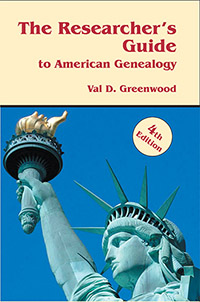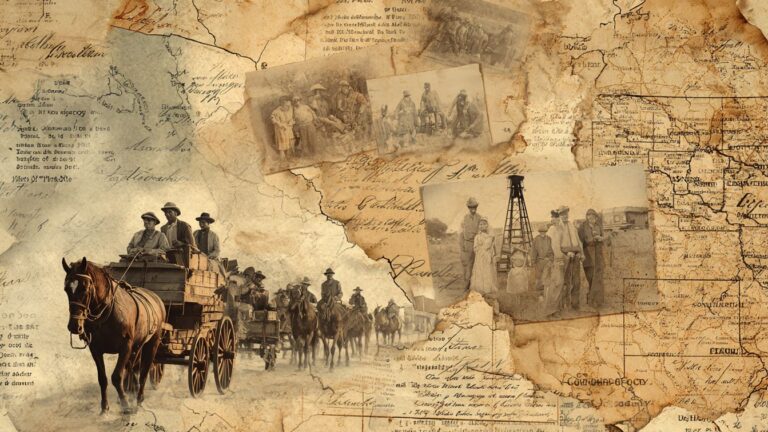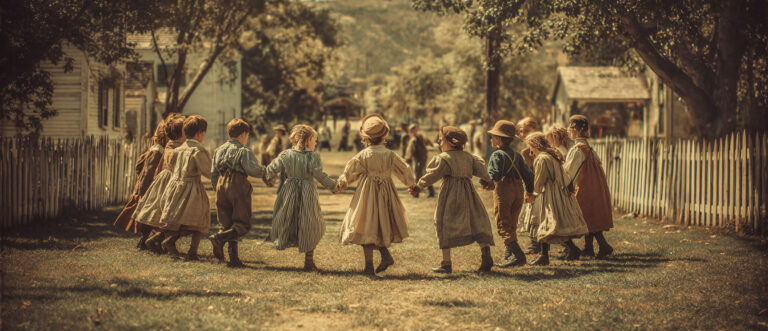
Tips About Revolutionary War Service from The Researcher’s Guide to American Genealogy Fourth Edition, by Val D. Greenwood
After near 50 years and four editions, why is Val Greenwood’s Researcher’s Guide to American Genealogy is still the most respected genealogy textbook? It is clear, to the point, and authoritative, to be sure, but “Greenwood” is also extremely resourceful. The following illustration from one of its two chapters on Military Records is a good example.
“Many beginning genealogists overlook Revolutionary War records as a research source, mainly because they do not recognize valid clues. Many do not even think about the possibility that their ancestor may have served unless they read somewhere that he actually did. However, there are several clues that might suggest the need for considering these records.
- Any time the line on which you are working was in America prior to the time of the war, you must consider these records. Even if a lineal ancestor did not serve, perhaps a relative (maybe a brother) of the same surname did, and records of his service or his pension application would provide useful information about your ancestors and his family—names, dates, and places especially.
- If a known male ancestor was in America at the time of the Revolution and was of age to serve, the possibility of service must certainly be considered.
- If a known ancestor was born in America within the period beginning just before the war and ending two decades after it, you must consider the possibility that his (or her) father served, even though you may not know the father’s name. The index to pensioners provides a ready list of servicemen (at least those who applied for pensions) of the surname you seek who served from the state or the general region from which your ancestors came. Books about the Revolutionary War veterans in the state(s) where your ancestors lived might also help suggest some possibilities to you.
The digitized and indexed database on the Ancestry website gives you an opportunity to examine the records relating to soldiers of the same surname for any possible connection that you can explore elsewhere. However, if your ancestral line is not traced back to this time period, there is seldom good reason to spend your time searching records of soldiers of this war. You have too little to go on. There will be ample time to use these records when your line is extended to that period of time and when research and analysis indicate the need for their use.”
If you are about to plunge into Revolutionary War or another form of military genealogy research but don’t own a copy of the Fourth Edition of The Researcher’s Guide to American Genealogy, consider picking up one today!




